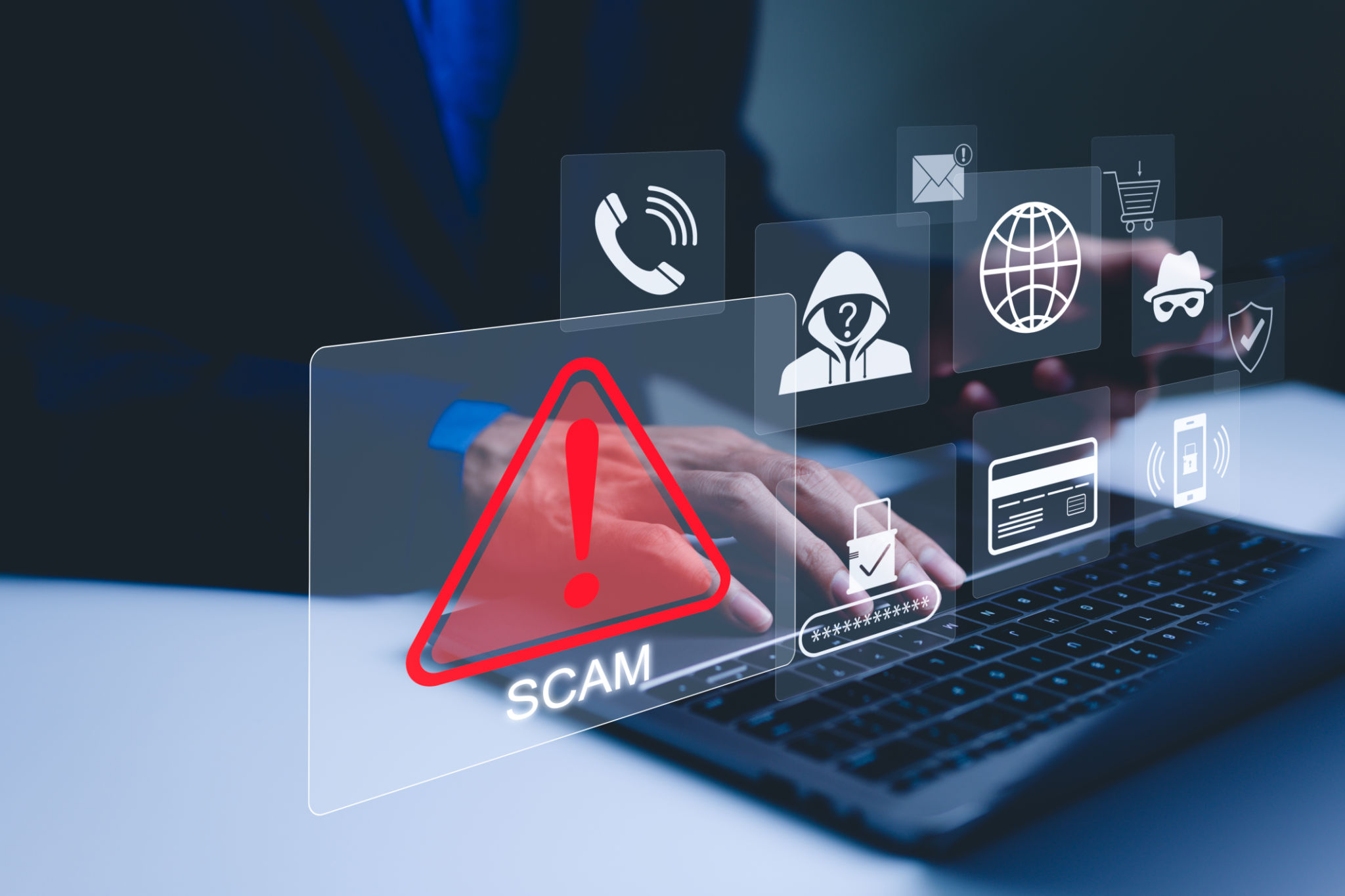Expert Insights: Maintaining IT Security During Tax Season
Understanding the Importance of IT Security During Tax Season
As tax season rolls around, businesses and individuals alike face the critical task of managing sensitive financial information. With the increase in online tax filing and digital data storage, the risk of cyber threats also rises. It is crucial to understand that maintaining robust IT security during this period is not just a necessity but a strategic imperative.
Cybercriminals are particularly active during tax season, targeting both businesses and individuals in their quest for valuable data. As such, implementing effective IT security measures can help protect against potential breaches and data theft.

Implementing Strong Authentication Protocols
One of the fundamental steps in safeguarding your IT systems during tax season is to implement strong authentication protocols. Multi-factor authentication (MFA) adds an extra layer of security by requiring users to provide two or more verification factors to gain access to sensitive systems and data. This significantly reduces the likelihood of unauthorized access, even if login credentials are compromised.
Moreover, it is advisable to regularly update passwords and ensure they are complex enough to withstand brute force attacks. Encourage employees and clients to use password managers to create and store strong, unique passwords.
Regularly Updating Software and Systems
Keeping all software and systems up-to-date is another critical aspect of IT security. Cybercriminals often exploit vulnerabilities in outdated software to gain access to systems. Regular updates and patches can help close these security gaps and protect your network from potential threats.

Businesses should also ensure that their antivirus and anti-malware programs are current and running effectively. These tools are essential in detecting and neutralizing malicious activities before they cause any harm.
Educating Employees on Cybersecurity Best Practices
Human error remains one of the leading causes of data breaches. Therefore, educating employees about cybersecurity best practices is vital. Regular training sessions can help staff recognize phishing attempts, understand the importance of secure data handling, and respond appropriately to potential threats.
Creating a culture of security awareness within the organization can significantly reduce the risk of data breaches and enhance overall IT security posture.

Conducting Regular Security Audits
Conducting regular security audits is a proactive approach to maintaining IT security during tax season. These audits help identify potential vulnerabilities within your IT infrastructure and assess the effectiveness of your existing security measures.
By addressing identified weaknesses promptly, businesses can strengthen their defenses against cyber threats. Additionally, audits provide an opportunity to review and update incident response plans, ensuring a swift and effective reaction in case of a security breach.
Backing Up Data Securely
Data backup is an essential component of any IT security strategy. Regular backups ensure that your critical financial data is safe, even in the event of a cyberattack or system failure. Businesses should implement automated backup solutions and store backup copies in secure, offsite locations.

Encryption is another key consideration when backing up data. Encrypting backup files adds an extra layer of security, ensuring that even if data is intercepted during transfer or storage, it remains inaccessible to unauthorized parties.
In conclusion, maintaining IT security during tax season requires a comprehensive approach that combines technology, processes, and people. By taking proactive measures such as implementing strong authentication protocols, updating software regularly, educating employees on best practices, conducting audits, and securing data backups, businesses can protect themselves from cyber threats and ensure a smooth tax season experience.
